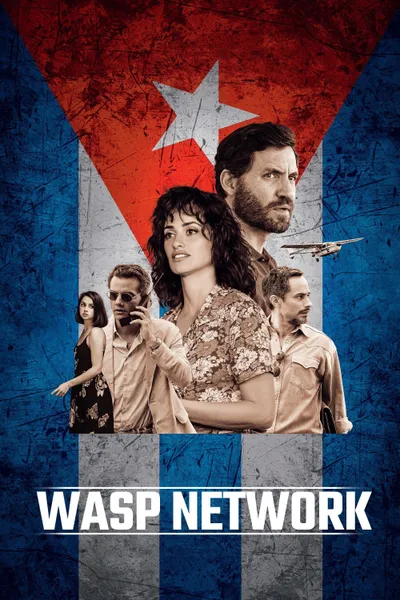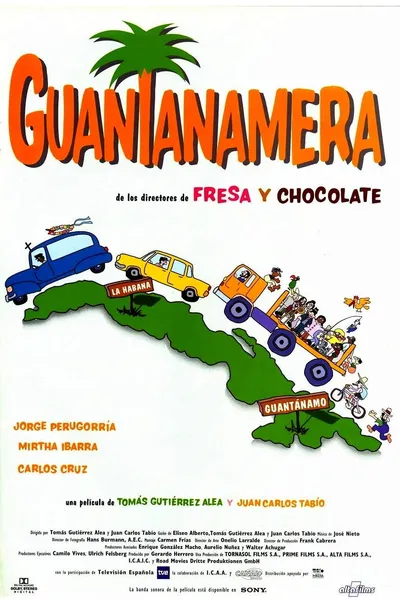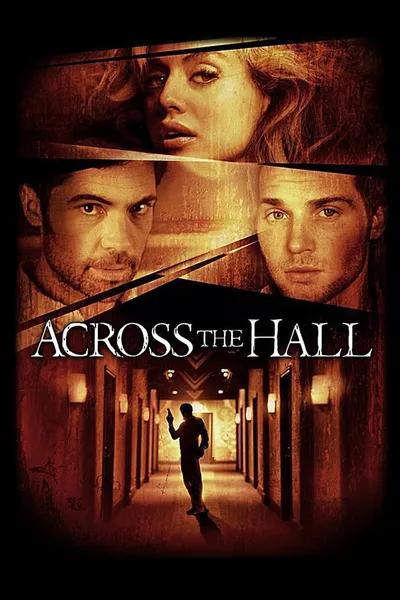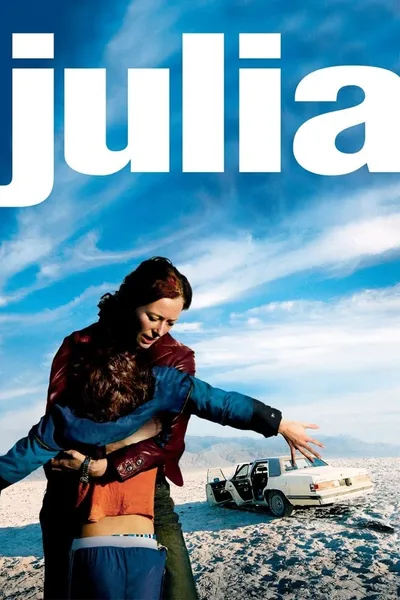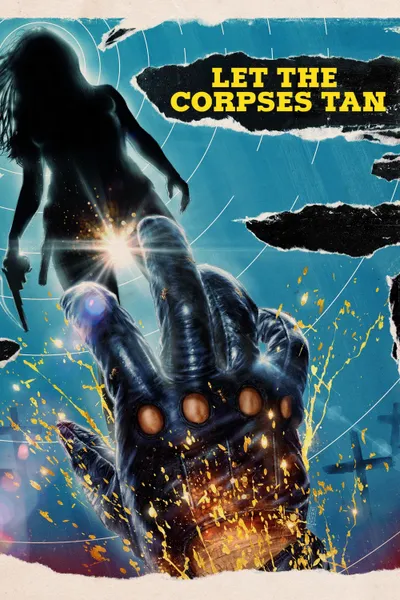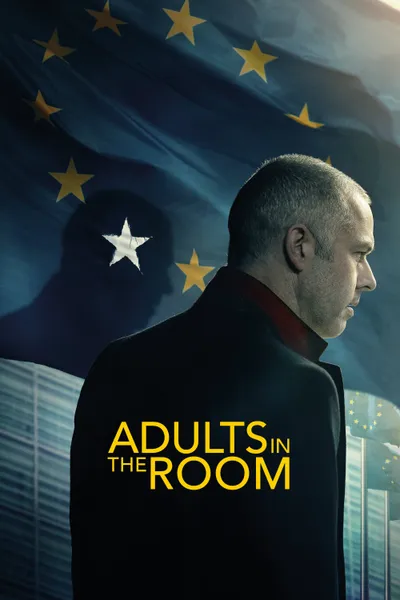Reviews

CinemaSerf
March 27, 20225.0
Given the intriguing story and really good cast behind this, it ought to have been good. It isn't. It meanders all over the place with way too many plots, sub plots and storylines all ambling about devoid of a solid narrative. It could be a six-parter if it wanted to be, but as a single film it just doesn't really gel at all. Olivier Assayas clearly has some skin in the game as he sets out to interweave the political and personal stories of 5 Cubans who end up, by various means, in Florida in the 1990s. Tourist pilot Edgar Ramirez ("Rene") is one of then, who leaves home and stunningly gorgeous wife Penelope Cruz ("Olga") one day, pinches a plane and defects to the US where, together with "Juan Pablo" (Wagner Moura) he is soon part of a network that effectively tries to assist Cuban defectors to get to the USA. Their determination to destabilise the Castro administration starts to lead them into more complex, moral choices whilst we continue to see his wife struggling with day to day life back home with their daughter. That's just the first half hour... There are plenty more characters, and storylines; CIA involvement; the infamous hotel bombs of 1997 - all told in a rigidly episodic fashion. It is trying to cram way too much into two hours and as such the characterisations suffer. It's not that you don't like or sympathise with them, it's that you don't ever feel you really know or understand them - Gael García Bernal as the equivalent of "Control" somehow lacks any menace or sophistication too. There is some beautiful photography of the island of Cuba itself, and of the Canary Islands, and it looks great, the cast look great, but it needed much more focus and much tighter plot filtration.
tmdb28039023
August 25, 20221.0
Wasp Network (2019) is "based on a true story", but its makers may be looking at reality through 'beer goggles.' For example, there is a character played by Ana de Armas, who regardless of her talent – or lack thereof – reminds me of a young Tiffani Amber Thiessen. During the epilogue, however, we are shown a photo of the corresponding real person, and what we see is a thick, plump, buxom, etc., etc. woman, and there is nothing wrong with it just like there is nothing wrong with de Armas being slender; the problem lies in that the truth is manipulated to make it more attractive to the public. If director Olivier Assayas takes such liberty with a supporting character, how do we know what's real and what's a complete fabrication?
In keeping with this pattern, the locations are authentic, but even if the events of the film were equally genuine, Assayas manages to needlessly complicate them. In principle, I have nothing against non-linear stories told non-sequentially, but this script would already be hard to follow, with its espionage and counter-espionage, moles, agents and double-agents, and above all its moral ambiguity and political contradictions. This material calls for simplification, not convolution. I mean, if your movie is a quote-unquote true story, wouldn't you want to push the truth all the way to the foreground? What's the use of knowing what really "happened" if we don't understand how and why it happened?
Having said that, Wagner Moura is perfect for Wasp Network for the same reasons that made him a wrong choice for the title role in Sergio. In both movies he is snooty, arrogant, and shallow; unbecoming characteristics for a noble United Nations diplomat, but which fit his opportunistic character like a glove here – a character who also happens to have the best lines in the movie ([devouring a Big Mac] “after years of eating McCastro's, McDonald's is a delicacy;” or, when a Cuban journalist asks him, while his wife watches the interview from Miami, what he misses most about his life on American soil: [thinks for a moment] "My Jeep Cherokee”).
Recommendation Movies
Guantanamera1995
Cyrille2020
The History of Eternity2014
Across the Hall2009
De cendres et de braises2019
Words for an End of the World2020
Julia2008
The Vets2019
LA 922017
Let the Corpses Tan2017
2 Minutes of Fame2020
Wacky Heroes2017
Saint Amour2016
The Mayor of Rione Sanità2019
Adults in the Room2019
Sergio2020
Have a Good Trip: Adventures in Psychedelics2020
Sleepaway Camp III: Teenage Wasteland1989
Martyrs Lane2021
Maria Full of Grace2004
© 2024 MoovieTime. All rights reserved.Made with Nuxt
